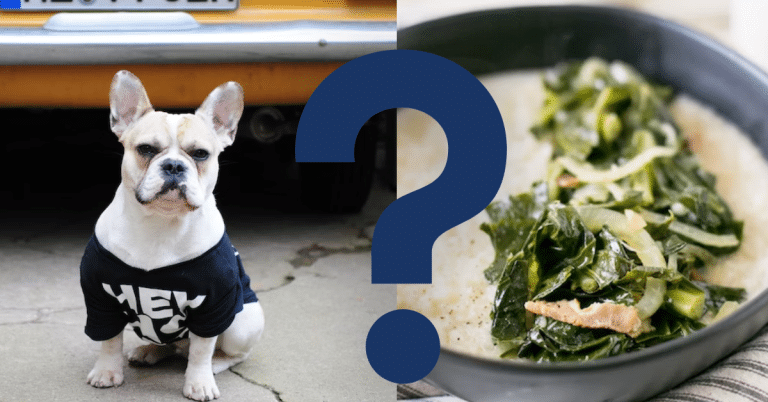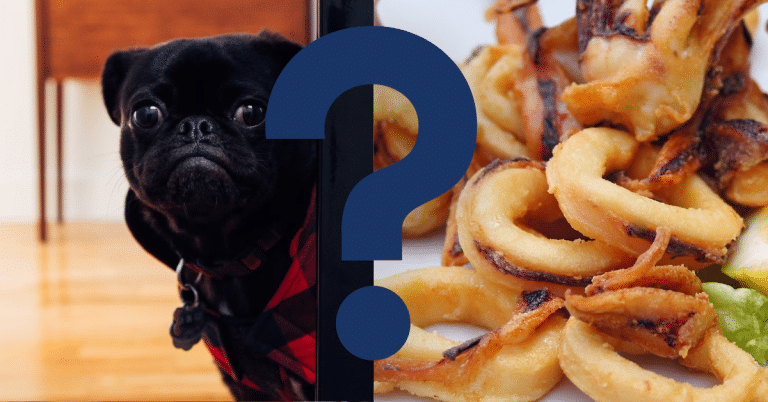Can Dogs Eat Brie Cheese? A Vet’s Opinion

Brie is a soft, edible rind and smooth texture on a creamy, mild French cheese manufactured from cow’s milk. But can you feed Brie cheese to your dog?
Dogs can eat brie cheese in moderation. However, it is not recommended. Brie contains a lot of fat, which might cause digestive problems or pancreatitis in dogs. Lactose content can also induce gastrointestinal distress, particularly in lactose-intolerant dogs. Small amounts given as a treat are safer, but it’s better to check with a vet before giving your dog any human food. It is preferable to choose dog-friendly goodies.
Benefits of Brie cheese for dogs
Brie cheese has some nutritional value for dogs, like other dairy products when ingested in moderation. It has protein, which is necessary for muscle growth and repair. Brie cheese also contains calcium, which is essential for bone health, muscle function, and nerve signaling.
However, brie cheese is not suitable for dogs. While it includes protein and calcium, its high fat and lactose content can cause digestive problems, obesity, and stomach distress. Furthermore, many dogs may not tolerate dairy products, perhaps leading to lactose intolerance symptoms. It is best to choose dog-specific treats and talk with your veterinarian about safe and nutritional options for your pet.

How to safely give Brie cheese to dogs
While it’s usually recommended to limit or avoid offering Brie cheese to dogs due to its high-fat content and risk for digestive troubles, if you still want to offer a tiny bit as an occasional treat, here’s how to do so safely:
- Moderation Is Essential: As a special treat, serve a modest bit of Brie cheese. Avoid giving a considerable portion, and make it as rare as possible.
- Check For Lactose Intolerance: Check whether your dog is lactose intolerant, as most adult dogs have trouble digesting lactose. Avoid giving him dairy products if your dog exhibits lactose intolerance symptoms (diarrhea, gas, upset stomach).
- Cut Into Small Pieces: Cut the cheese into small, manageable pieces to avoid choking dangers and to facilitate digestion.
- Observe For Adverse Reactions: Keep an eye out for any unpleasant effects, such as vomiting, diarrhea, or symptoms of discomfort, after administering a tiny dose.
- Consult a Veterinarian: Before giving your dog any human food, including Brie cheese, visit your veterinarian to ensure it is safe and appropriate for your dog’s health and dietary needs.
Supplying dog-specific snacks or foods suited to their nutritional needs is often safer and more appropriate than offering human foods that may not correspond with their digestive systems.
Will Brie cheese make a dog sick?
Brie cheese can make a dog sick for a variety of causes, including:
Due to the high-fat content and lactose in Brie cheese, dogs may develop digestive disorders such as diarrhea, vomiting, stomach cramps, and overall gastrointestinal discomfort.
- Lactose Intolerance: Many dogs are lactose intolerant, lacking the enzymes required to digest lactose found in dairy products such as Brie cheese. It can result in diarrhea, flatulence, and stomach pain.
- Obesity: Brie cheese is heavy in fat, and feeding it on a regular or big scale can contribute to weight gain and obesity in dogs, leading to various health issues.
- Pancreatitis: Brie cheese’s high-fat content can cause pancreatitis, an inflammation of the pancreas that is a dangerous condition that requires rapid medical attention.
- Allergic Reactions: Dogs can develop allergic reactions to Brie cheese components, resulting in itching, hives, swelling, trouble breathing, and, in severe cases, anaphylaxis.
- Dental Concerns: Cheese’s sticky nature can contribute to dental issues such as plaque and tartar development, potentially leading to gum disease and tooth damage in dogs.
It’s vital to remember that the intensity of the reaction varies depending on the dog’s tolerance, size, and overall health. To prioritize your dog’s well-being, avoid feeding Brie cheese and instead go for dog-specific treats and snacks. A veterinarian should always be consulted before making any dietary changes for your dog.
Can Dogs Eat Brie Cheese Variations?
Dogs should avoid all forms of Brie cheese, including distinct flavors and textures. Like other cheese forms, Brie includes lactose, which many dogs struggle to digest due to a lack of lactase, the enzyme required to break down lactose. Lactose consumption can cause digestive discomforts, such as diarrhea, stomach cramps, and gas.
Furthermore, Brie cheese is heavy in fat in all its varieties, and feeding it to dogs may contribute to obesity and other health problems. The excessive fat level may also cause pancreatitis, a severe pancreas inflammation.
Providing treats and snacks developed specially for dogs to ensure their nutritional needs are addressed without risking stomach issues or other health concerns is always safer and more appropriate. Consultation with a veterinarian is always recommended if you have unique concerns about your dog’s diet or food.

Vet’s Summary
In conclusion, due to probable digestive troubles and health dangers, Brie cheese, including its varieties, is not advised for dogs. Lactose, a common cheese component, is typically difficult for dogs to digest, resulting in gastrointestinal pain, diarrhea, and gas. Furthermore, Brie cheese’s high-fat content can contribute to obesity and provoke pancreatitis, a deadly inflammatory disorder. Given these potential health risks, dog owners should avoid feeding Brie cheese to their pets and instead opt for dog-friendly snacks and foods to guarantee a safe and balanced diet for their pet dogs.
Given the inherent difficulties of giving Brie cheese to dogs, probiotic pills may be a good option. Probiotics can help a dog’s digestive tract by fostering a healthy balance of gut bacteria, which aids digestion and may alleviate gastrointestinal disorders. While avoiding Brie cheese is essential, incorporating probiotics into the dog’s diet can help with digestive health, potentially reducing the desire for high-risk foods and maintaining the dog’s general well-being. Consult a veterinarian to identify the best probiotic supplement and dose for your dog’s needs.
Videos to watch
If you are wondering what related foods are good to give your dog, watch this:
And if you want to know what a dog can NOT eat, watch this:






